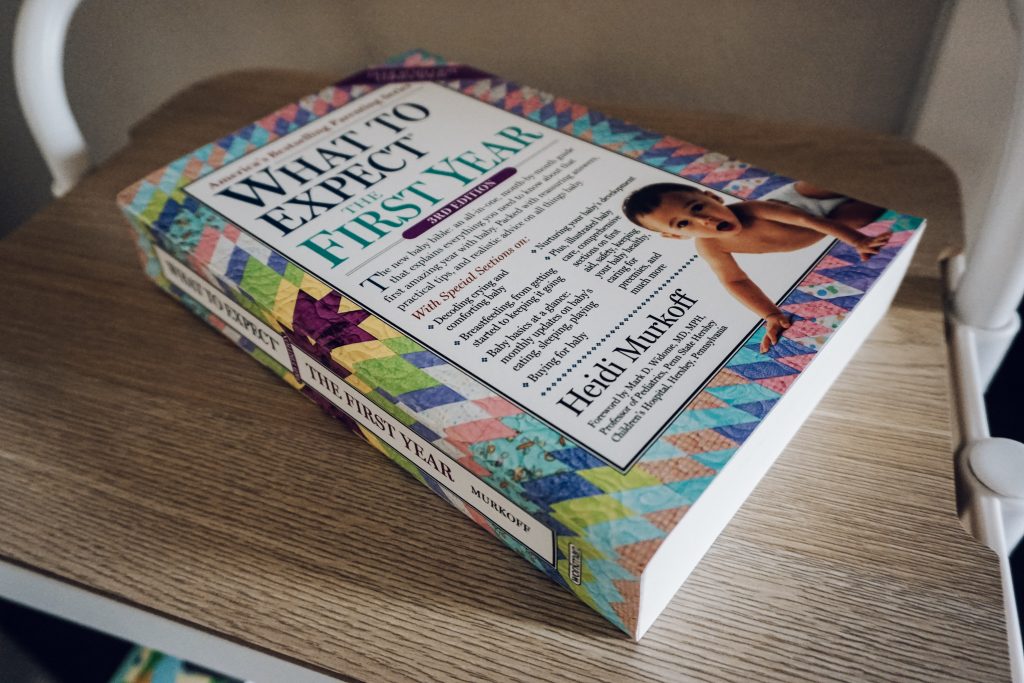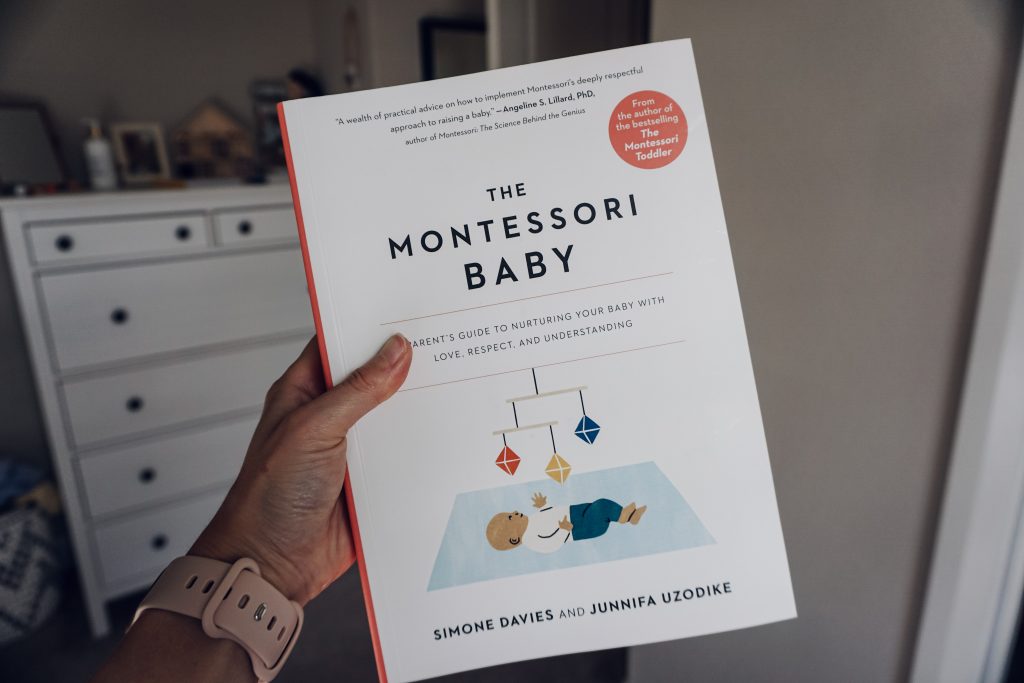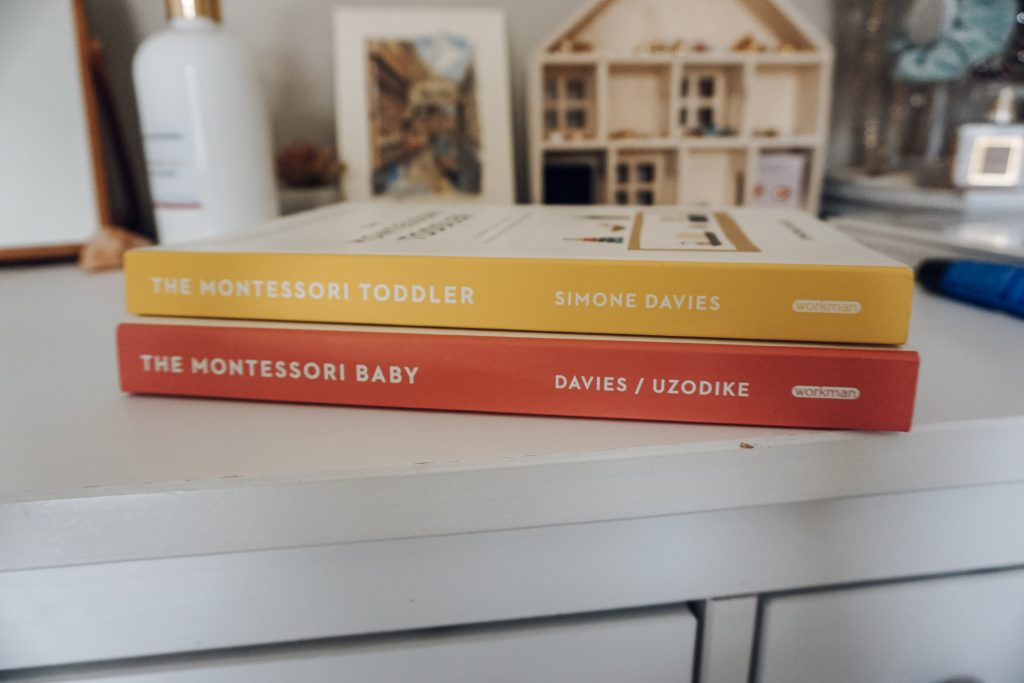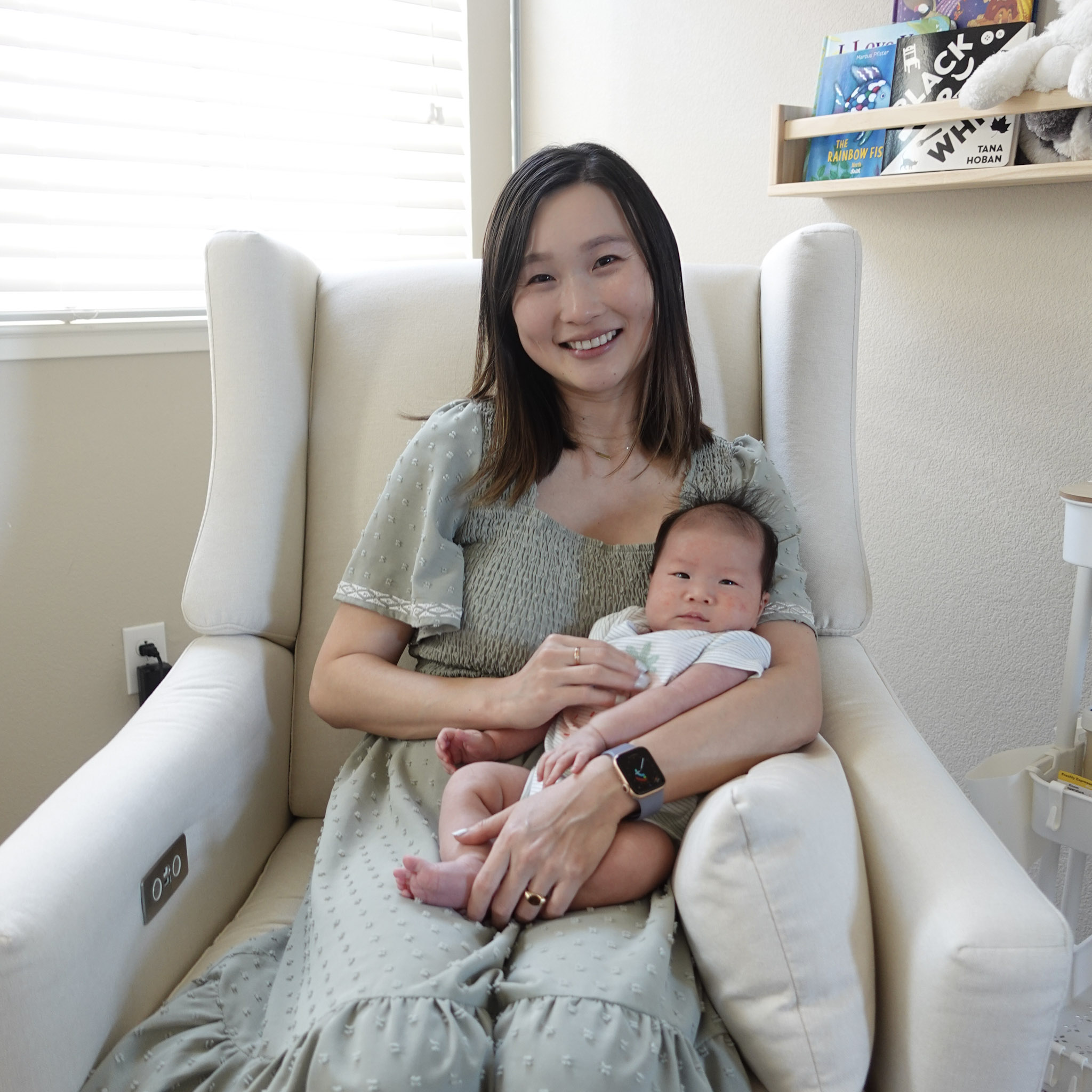
As an expecting or first time mom, navigating the world of pregnancy and parenting can be overwhelming. There’s a million different books and articles out there and it can be hard to know what information is reliable.
I’m a big bookworm so I searched up all the new parenting books during my third trimester. This was when I couldn’t get up or move around easily anymore, so reading was the perfect activity! The number of parenting books I discovered was overwhelming though.
So far, the books I’m about to share are the ones I’ve read and would recommend to any new mom. They offer not only practical advice but also emotional support and data-backed evidence. I’ve also included some key tips for new parents from each book to help you through pregnancy and your little one’s first year in the world. Let’s jump into the list!
1. Cribsheet, by Emily Oster
Cribsheet is a refreshing, data-driven guide to parenting decisions, written by economist Emily Oster. She uses research and statistics to provide clarity on everything from breastfeeding to sleep training.
The stats were super interesting and shocked me at how inaccurate my presumptions about certain topics were. The book empowers us to make informed decisions without feeling pressured by trends or conflicting advice. In other words, it gives us straight facts which is much needed.
Words of Wisdom:
Make Informed Decisions. Rely on data and track activities of your newborn so you have that data, instead of going by opinions.
There’s No Single “Right” Way. Every baby is different, and what works for one family might not work for another. This message is a huge relief when we’re constantly bombarded with conflicting advice. Trust that you know your baby best. Also don’t be scared to experiment and try different methods, such as how to put your newborn to sleep.
Let Go of Mom Guilt. Whether you decide to breastfeed or formula-feed, co-sleep or use a crib, there’s no need to feel guilty. If your choice is backed by data and works well for you, then remind yourself that it’s totally valid!

2. What to Expect When You’re Expecting, by Heidi Murkoff
This is a true classic in the world of pregnancy and parenting books. It has been a trusted guide for millions of moms-to-be for decades.
What to Expect When You’re Expecting provides detailed, month-by-month information on pregnancy, making it one of the best books for first-time moms. It covers everything from morning sickness to labor and delivery, offering helpful tips along the way.
There’s also the accompanying What to Expect free app now which I used every week of my pregnancy. It’s an amazing app that I recommend to all my friends.
I also have What to Expect the First Year. It guides new parents on newborn care, postpartum care, and developmental milestones in baby’s first year. I used it often in our first year and my book was littered with sticky notes at some point!
Oct 2024 update: By the way, both of these books are free right now through Kindle Unlimited!
Words of Wisdom:
Stay Hydrated and Eat Small, Frequent Meals. To ease some common pregnancy symptoms like nausea and heartburn, eat smaller, more frequent meals and staying hydrated. This makes sense because the digestive system struggles during pregnancy (especially first trimester).
Create a Birth Plan, But Stay Flexible. While it’s important to prepare for labor and have a birth plan in place, stay open to unexpected changes. As most moms will tell you, labor rarely go as planned – the miracle of life is full of surprises!
Listen to Your Body. One of the key messages is to trust your body. If you’re feeling tired, take a break. If something doesn’t feel right, speak to your doctor.
Exercise Regularly. Consistently do moderate exercises like walking, swimming, or prenatal yoga. This helps with energy levels, sleep, and mood. You can also find more inspiration for pregnancy-safe workouts in this post.

3. The Montessori Baby, by Simone Davies and Junnifa Uzodike
The Montessori Baby is perfect if you’re curious about the Montessori method. This method of raising a little one focuses on gentle, baby-led learning. The book talks about how to create a supportive environment that fosters your baby’s independence and development.
I also love the beautiful illustrations in the book. They made it such a pleasant read. I recently read The Montessori Toddler from the same series, which I highly recommend as well.

Words of Wisdom:
Create an Accessible Environment. One of the key principles of Montessori is designing a home where your baby can safely explore. Low shelves, natural materials, and simple, open-ended toys can encourage independent play.
Give Baby Respect and Empathy. One takeaway I loved from the book and have always remembered is the idea of respecting baby. This might seem strange, but one example the book gives is: avoid picking baby up from behind. Tell them “I’m going to pick you up now” before doing so. This allows them to feel included in the interactions rather than feeling like they’re forced to do something.
Promote Independence. Even at several months old, babies can learn to do small things on their own. For example, they can reach for toys or self-feed, so let them! It builds their confidence and encourages exploration.
4. The Book of Boundaries, by Melissa Urban
The Book of Boundaries is a bit different from the others, but it’s so important for new moms. Melissa Urban dives into why setting boundaries in all areas of your life is essential for your emotional well-being. She also offers practical strategies for setting boundaries in a way that preserves your relationships.
I didn’t expect to learn parenting advice from this book. It’s not actually a parenting book, but it turned out to have so much wisdom that translates well to parenting. This book taught me that it’s okay to say “no”. Say no to unsolicited parenting advice, unannounced drop-ins from family members, and your toddler if they are acting out. Doing so can empower us to be better parents!
Words of Wisdom:
Set Boundaries Early. Whether it’s limiting your visitors after birth or making time for self-care, setting boundaries is key to protecting your peace as a new mom.
Communicate Boundaries with Love. You can be kind while still holding firm on your boundaries. Melissa offers scripts and examples of how to communicate effectively, so you don’t feel overwhelmed.
Boundaries Make You a Better Parent. For example, set limits with your own parents and relatives kindly but firmly. This allows you the space you need to recover after labor and bond with your newborn.
Boundaries Are a Form of Self-Care. The biggest takeaway? Boundaries aren’t selfish. They’re a form of self-care, ensuring you can show up as the best version of yourself for your family.
5. To Have and To Hold, by Molly Millwood
This is the one book on the list that I haven’t read myself yet. A good friend recommended it recently and it’s now waiting for me on my Kindle. I can’t wait to dive into it! To Have and To Hold dives into how motherhood affects relationships, particularly marriages. It’s such an important yet overlooked aspect of motherhood so I love this focus.
This book is a heartfelt, honest exploration of how to maintain intimacy, connection, and self-identity while raising a child.
Words of Wisdom:
Expect Relationship Changes. It’s completely natural for your relationship to shift after welcoming a baby into the family. Open communication and continual improvement is key to navigating changes and keeping your connection strong.
Acknowledge the Emotional Toll of Motherhood. The transition to motherhood is emotionally challenging. It’s normal to feel overwhelmed, and acknowledging those feelings is the first step toward emotional well-being.
Balance Individual Identity with Motherhood. This! If only I had read this book before giving birth, because this loss of identity is definitely something I struggled with in my first year as a new mom. It’s so important to prioritize maintaining our own identity outside of being a mother. This includes hobbies and time for ourselves to recharge and reconnect with who we are beyond parenting.
6. Bringing Up Bébé, by Pamela Druckerman
This book offers a fresh perspective for first-time moms by sharing how French parents raise independent, well-behaved children. It provides realistic parenting advice on how to foster independence (while keeping your sanity intact)!
Words of Wisdom:
Teach Patience Early. French parents don’t rush to satisfy every demand right away. Teaching babies patience from an early age helps them learn self-control and promotes calmer behavior.
Encourage Independent Play. Value independent play and encourage their children to entertain themselves. This concept is similar to the Montessori method and allows kids to develop creativity and problem-solving skills. It also gives you a break – it’s a win-win.
Family Meals Are Sacred. In France, meals are an important family activity (not just a part of the day to rush through). Children are taught to eat different types of foods and enjoy dinnertime.
Don’t Over-Schedule. French parents avoid cramming their kids’ schedules with too many activities. Instead, they focus on giving children plenty of free time to play and explore at their own pace. This is a stark contrast to most American parents!
These books are some of the best resources out there for first-time moms. Whether you’re looking for practical advice or simply reassurance that you’re doing a great job, these books have your back. They’ll reassure and empower you so that you can embrace the incredible journey that’s motherhood. If you also have any book recommendations for new mamas, please share with all of us in a comment below!
***
Some links in this post are affiliate links. I may earn a small commission if you make a purchase through them, at no extra cost to you. Thank you for your support!

